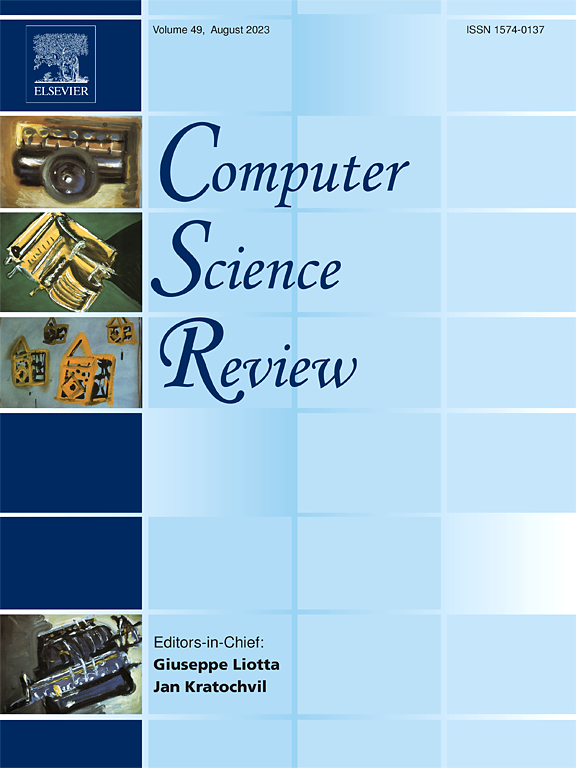The ML-based sensor data deception targeting cyber–physical systems: A review
IF 12.7
1区 计算机科学
Q1 COMPUTER SCIENCE, INFORMATION SYSTEMS
引用次数: 0
Abstract
The security of cyber–physical systems is crucial due to their critical applications. The increasing success of machine learning (ML) has raised growing concerns about its impact on the cybersecurity of cyber–physical systems. Although several studies have assessed the cybersecurity of cyber–physical systems, there remains a lack of systematic understanding of how ML techniques can contribute to the use of deception on these systems. In this study, we aim to systematize findings on the use of ML for sensor data deception in both attack and defense scenarios. We analyzed 13 offensive and 3 defensive approaches that leverage ML for sensor data deception targeting cyber–physical systems. We summarized the offensive and defensive sensor data deception implementations with impact on cyber–physical systems at the system level, and the mechanisms to defend offensive deception. Additionally, we provide key insights and outline challenges intended to guide future research on defending against ML-based cyber deception in cyber–physical systems.
针对网络物理系统的基于ml的传感器数据欺骗:综述
由于网络物理系统的关键应用,其安全性至关重要。机器学习(ML)的日益成功引起了人们对其对网络物理系统的网络安全影响的日益关注。尽管有几项研究评估了网络物理系统的网络安全,但对于机器学习技术如何有助于在这些系统上使用欺骗,仍然缺乏系统的理解。在这项研究中,我们的目标是将机器学习在攻击和防御场景中用于传感器数据欺骗的研究结果系统化。我们分析了13种进攻和3种防御方法,这些方法利用ML进行针对网络物理系统的传感器数据欺骗。从系统层面总结了对网络物理系统影响的进攻性和防御性传感器数据欺骗实现,以及防御进攻性欺骗的机制。此外,我们提供了关键的见解和概述挑战,旨在指导未来在网络物理系统中防御基于ml的网络欺骗的研究。
本文章由计算机程序翻译,如有差异,请以英文原文为准。
求助全文
约1分钟内获得全文
求助全文
来源期刊

Computer Science Review
Computer Science-General Computer Science
CiteScore
32.70
自引率
0.00%
发文量
26
审稿时长
51 days
期刊介绍:
Computer Science Review, a publication dedicated to research surveys and expository overviews of open problems in computer science, targets a broad audience within the field seeking comprehensive insights into the latest developments. The journal welcomes articles from various fields as long as their content impacts the advancement of computer science. In particular, articles that review the application of well-known Computer Science methods to other areas are in scope only if these articles advance the fundamental understanding of those methods.
 求助内容:
求助内容: 应助结果提醒方式:
应助结果提醒方式:


